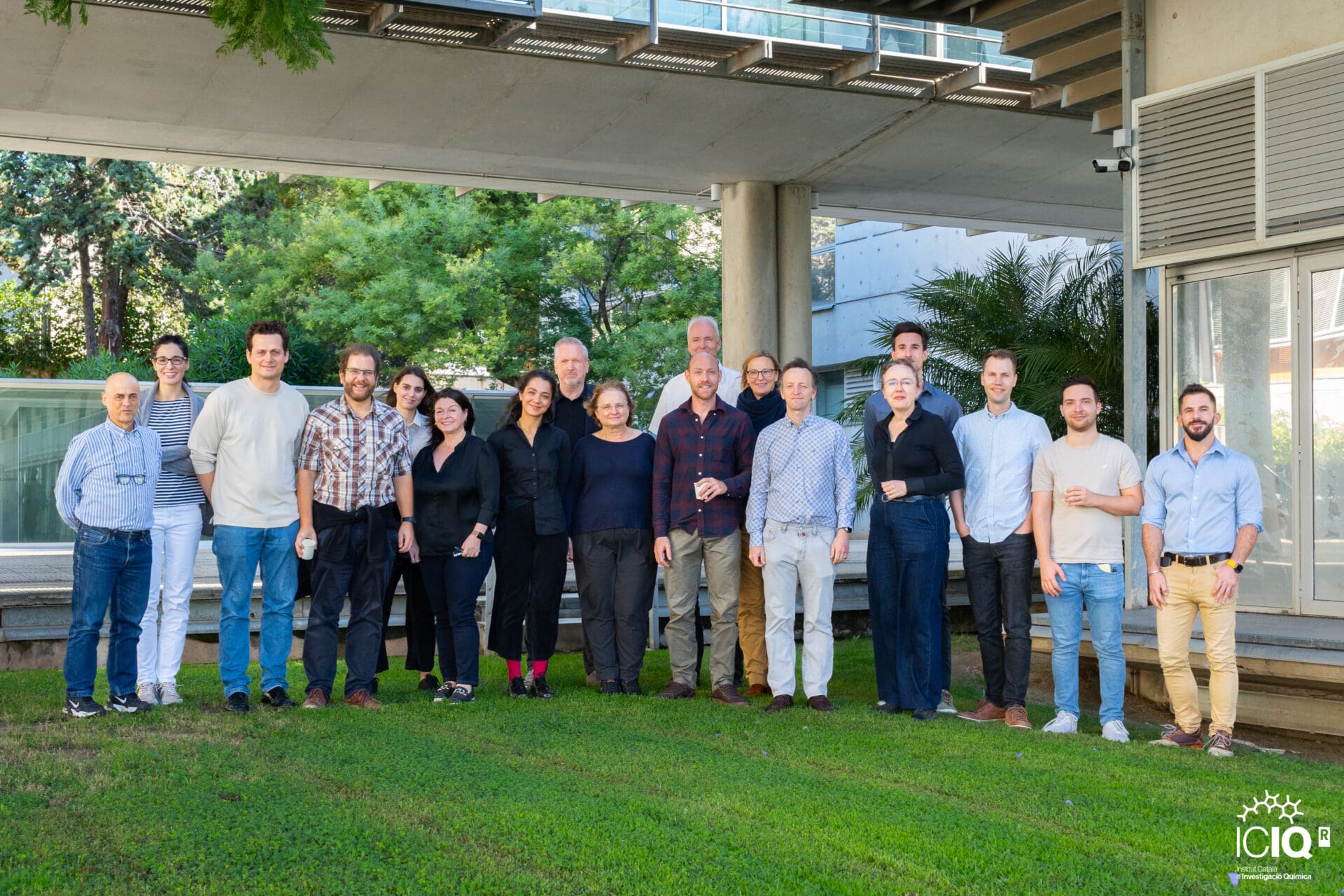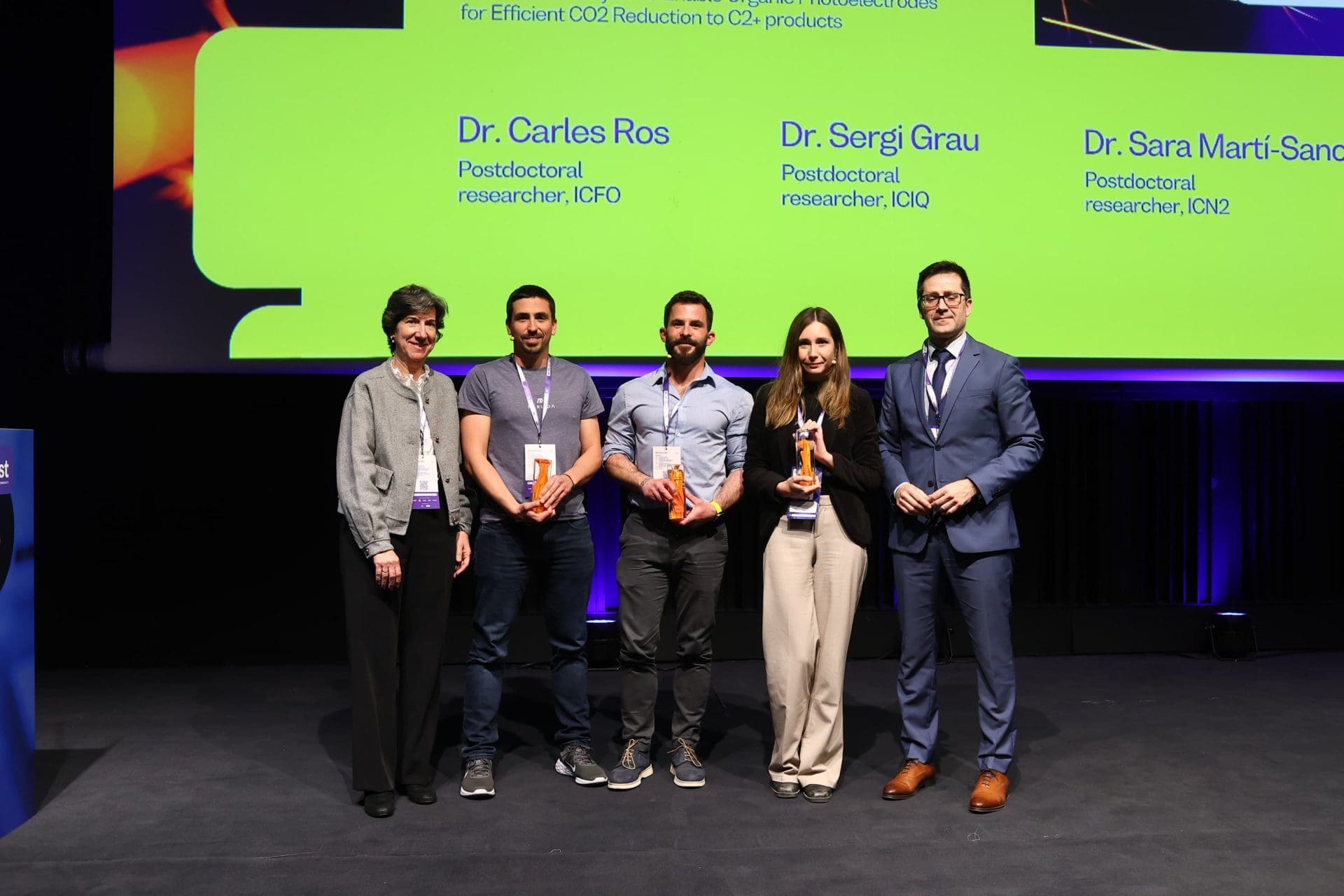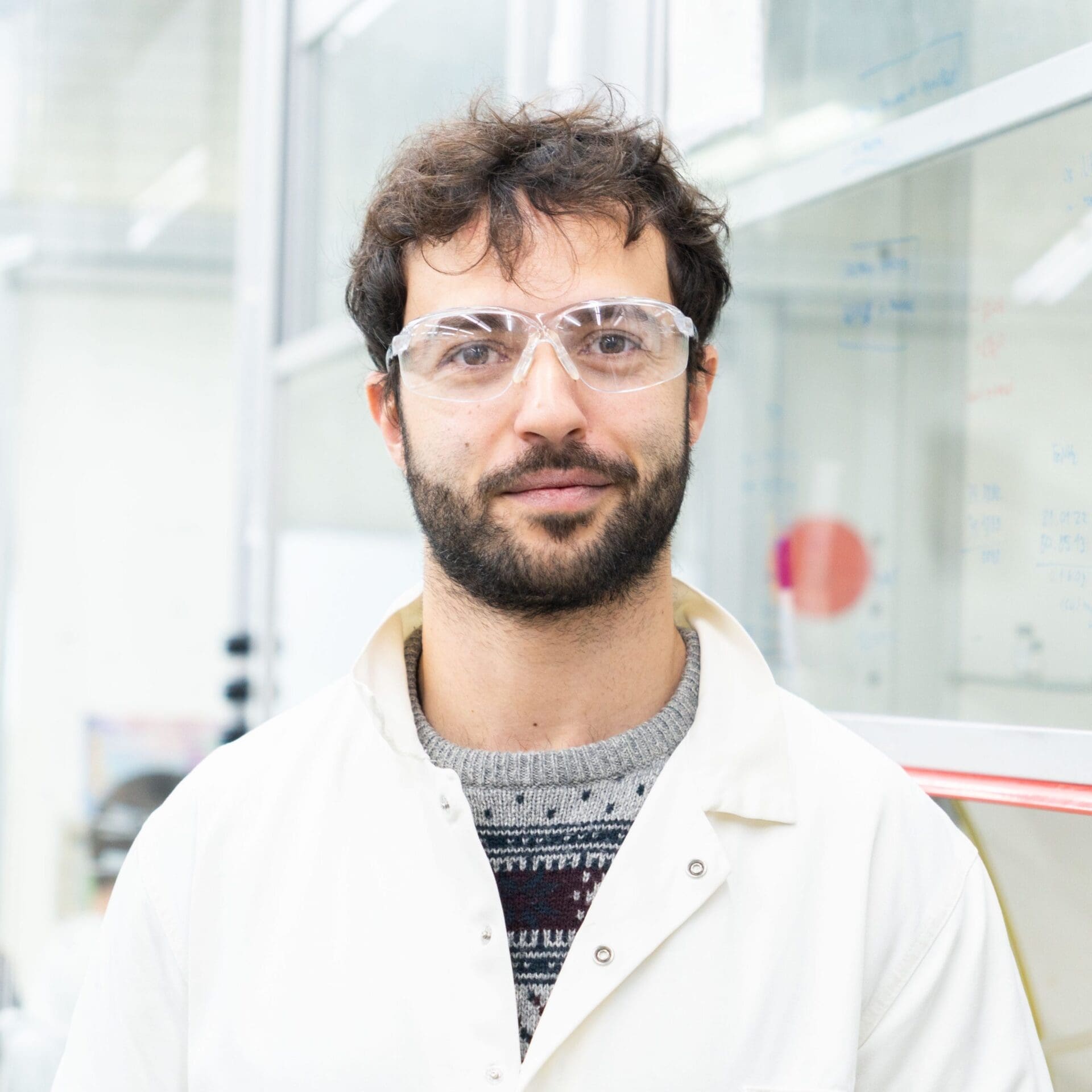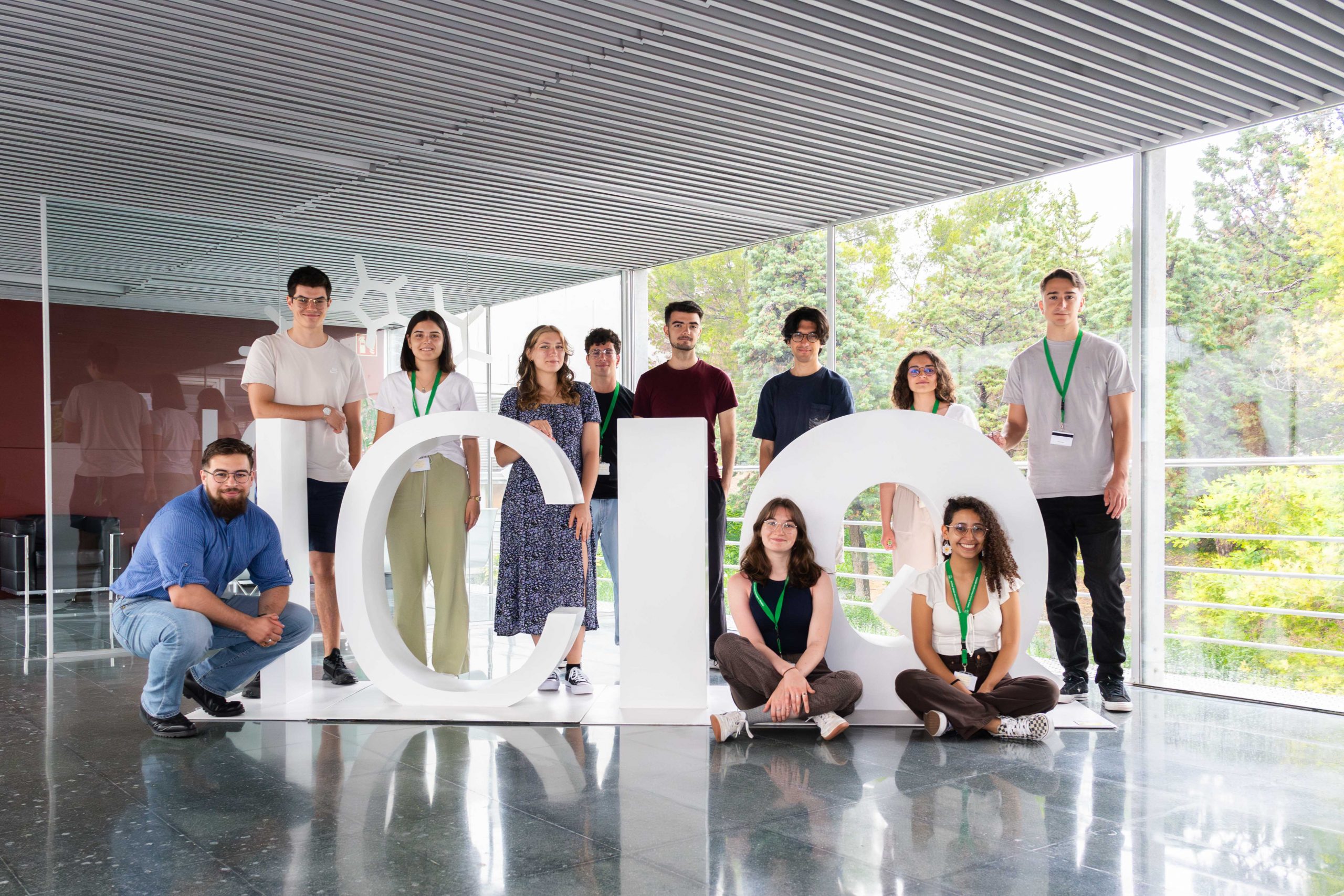SUNGATE project celebrates one year of advancements with a meeting to plan future steps
8th October 2024 -
On October 8th 2024, the 2nd General Assembly and Executive Board meeting of this EU-funded project took place at ICIQ

The Institut Català d’Investigació Química (ICIQ-CERCA) hosted SUNGATE’s 2nd General Assembly and Executive Board meeting on October 8th, 2024. The event brought together key stakeholders, including project partners and advisory board members to discuss the progress and future direction of the project.
The event started with a welcome from ICIQ group leader Prof. Antoni Llobet, whose research group is involved in the project. Following this, Stefan Schillberg from the Fraunhofer Institute for Molecular Biology and Applied Ecology IME, presented the Advisory Board members, who provided valuable input throughout the day.
The different sessions provided an in-depth overview of the project’s progress across various work packages (WPs), including management, technical specifications and design validation, anodic half-cell, cathodic half-cell, rational design of full-cell devices, prototype scale-up as well as dissemination, exploitation, and communication to enhance the project’s visibility and impact.
A highlight of the day was the Advisory Board Session, where board members provided feedback on project results and offered strategic input to guide the upcoming phases.
Prof. Llobet also highlighted the importance of the contributions from both the Advisory Board and the Project Officer during the event:
The insights provided have been invaluable in refining our approach. Their feedback will ensure that we stay on track and meet the ambitious goals we’ve set for the next phase.
The event concluded with the Executive Board session, where project evaluation, urgent open issues and next steps were discussed.
About SUNGATE:
The project’s goal is to engineer a novel, circular, sustainable and cost-efficient bio-hybrid technology to achieve the highly-efficient scalable production of solar fuels in systems, ranging from portable temporary installations to larger-scale solutions for decentralised households and industry.
This EU-funded project aims to combine the principles of artificial photosynthesis with photoelectrocatalysis and flow microreactor technology. As a result, the project will bring about the first modular full-cell continuous flow microreactor technology that requires sunlight as its only energy source as well as water and CO2 as simple, abundant feedstocks for conversion into solar fuels such as methanol and formate.
Under the coordination of the Fraunhofer Institute for Molecular Biology and Applied Ecology IME, the project has the collaboration of 11 partners from research and industry: Fraunhofer Institute for Microengineering and Microsystems IMM (Germany), Fraunhofer Institute for Silicate Research ISC (Germany), University of Warsaw (Poland), Institute of Chemical Research of Catalonia (Spain), University of Stuttgart (Germany), Ulm University (Germany), Ghent University, (Belgium), Tarsus University, (Turkey), 2.-0 LCA consultants, (Denmark), DEMOCRACY X, (Denmark) and Chemtrix BV, (Netherlands).

This project has received funding from the European Union’s Horizon Europe research and innovation programme under grant agreement No. 101122061.
Related news

Let's create a brighter future
Join our team to work with renowned researchers, tackle groundbreaking
projects and contribute to meaningful scientific advancements






 21-02-2025
21-02-2025 



















